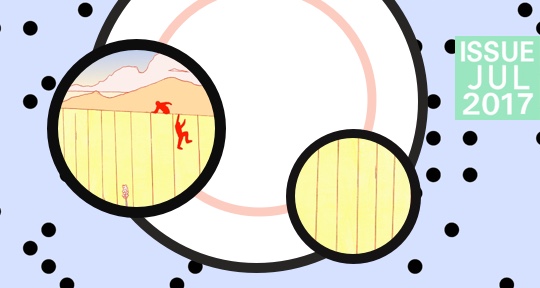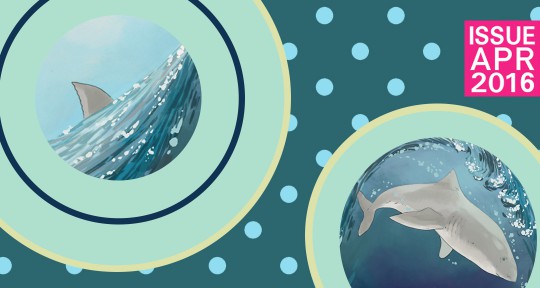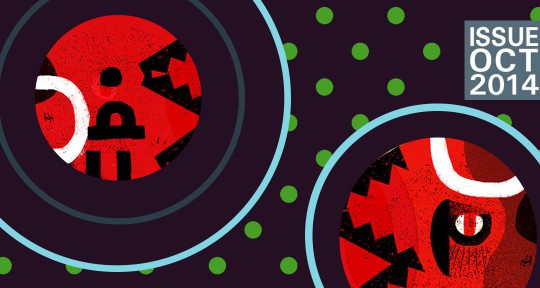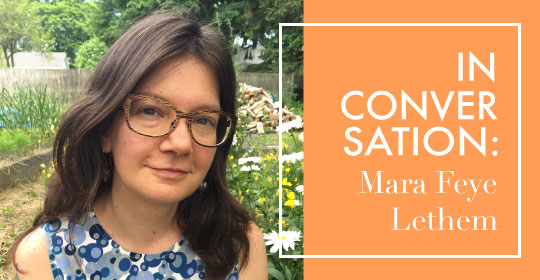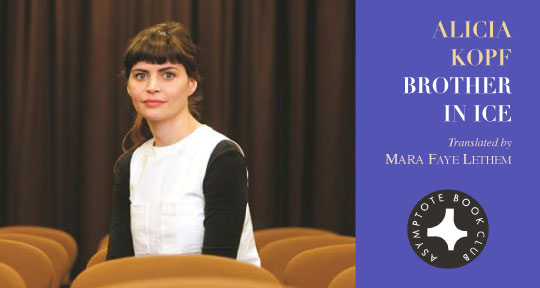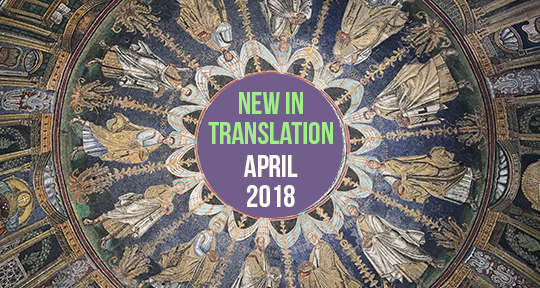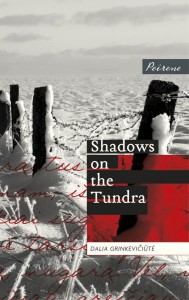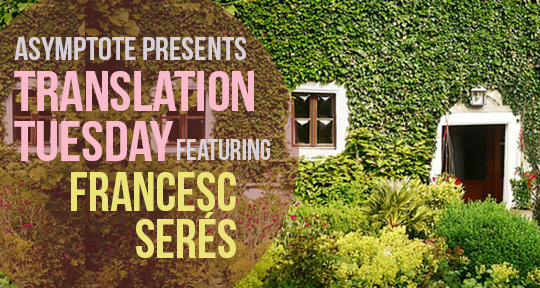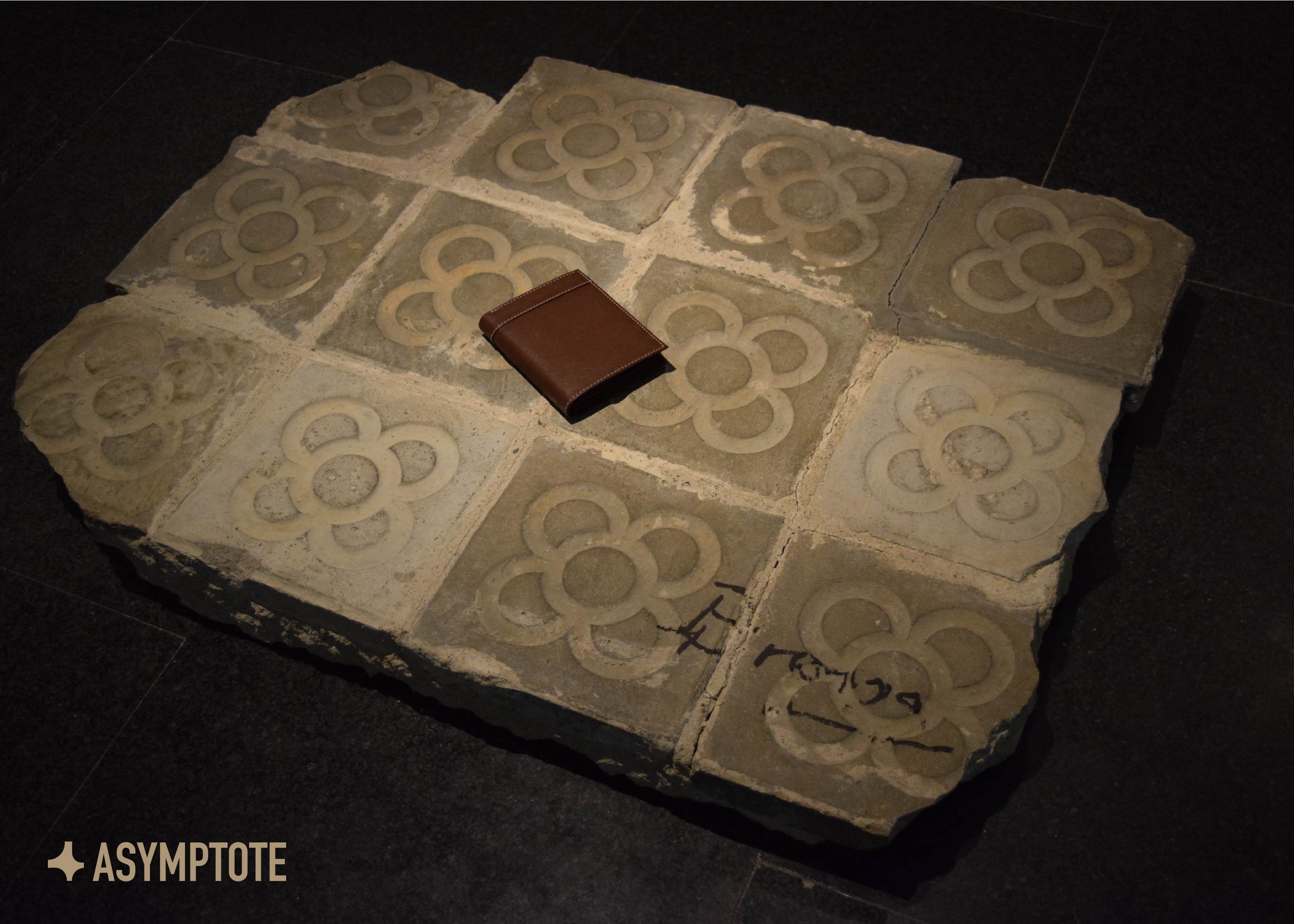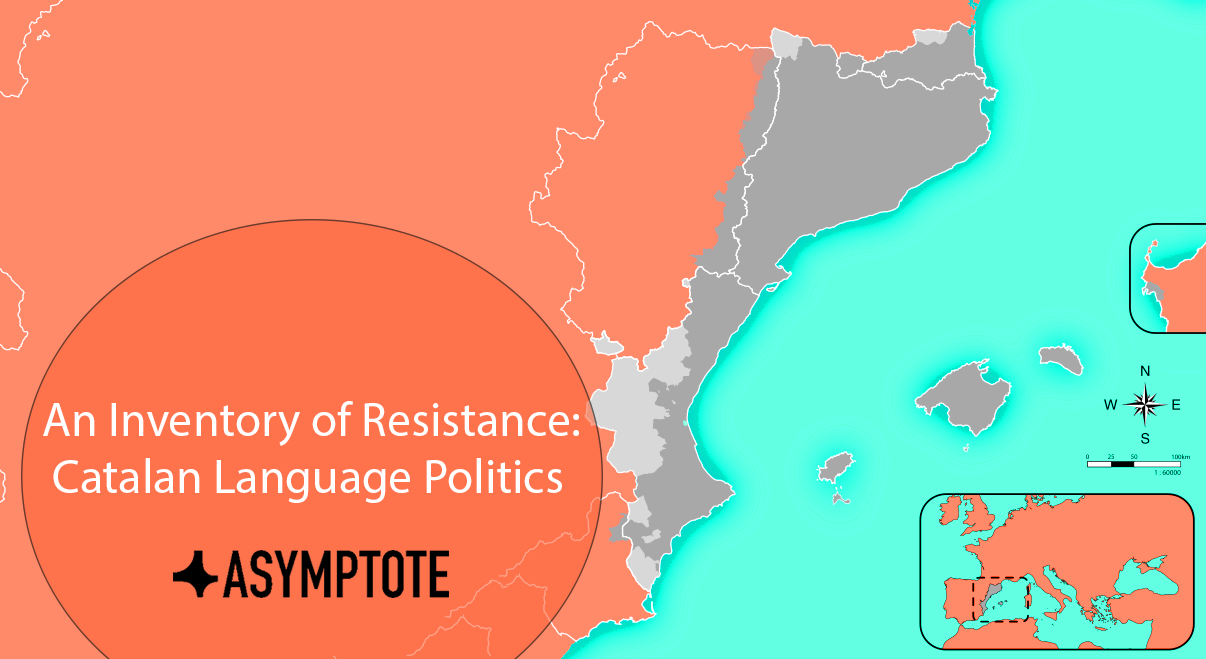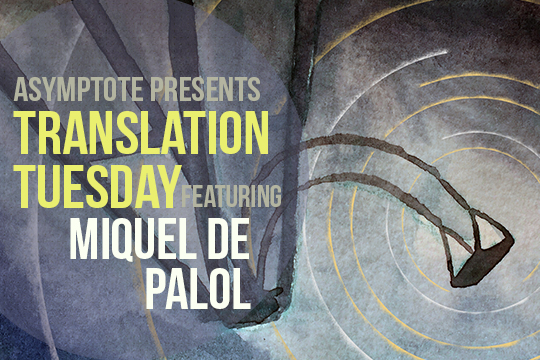92,400 words—if an Asymptote issue could be held in your hands, it would be a book with 92,400 words and 368 pages (based on the typical range of 250-300 words a page). And it would be a free book, since, to catalyze the transmission of world literature, we don’t charge for access and hope it always remains that way. That’s 92,400 words that have to be solicited, considered, selected, edited, uploaded, formatted to both our house style and the satisfaction of contributors, and then fact-checked and proofread by four to six pairs of eyes. Out of the 44 articles that these 92,400 words constitute, eight might require extensive footwork for rights, ten commissioned from scratch, and as many as 18 illustrated by a guest artist. Then newly appointed chief executive assistant Theophilus Kwek obtains this figure of 92,400 (for the English text alone) “by copying the entire [Winter 2016] issue into a word document, and rounding off to the nearest 100 for footnotes [he] may have missed.” The occasion for this? We have been invited to submit an application to a grant administered by Singapore’s National Arts Council (NAC), and one of the requested data is wordcount. How this comes about after five years of no official contact between Asymptote and NAC goes like this: In February 2016, back in Singapore to visit with family over Chinese New Year, I send out a batch of solicitations. One is addressed to Vivian Balakrishnan, Singapore’s Minister of Foreign Affairs, who played a major role in facilitating the June 2018 Kim-Trump summit, the costs of which (twelve million USD) the Singaporean government willingly absorbed. On 14 February, 2016, I receive a call at 8 a.m. by someone from Balakrishnan’s office encouraging me to take up the matter with NAC instead. I mutter something about NAC being unsupportive, and put the phone down quite quickly. The next day, someone more senior—an actual spokesperson from the Ministry—calls. Charmed by her diplomacy, I agree to “allow [myself] to be approached.” On February 16, an email entitled “funding for Asymptote,” pops up in my inbox. Negotiation takes a protracted seven months, during the course of which my case is rotated between four different officers, and in the process of which hopes are raised only to be dashed—with even the acting director of NAC’s literary arts sector development admitting to me that they had changed their mind (i.e., that it is not a matter of one officer’s stance being discontinuous with another). The long and short of it is that funding is allotted to Singaporean writers and translators of Singaporean work only; support for literary editors only extends as far as sponsoring workshops or mentorships. This was NAC’s policy in 2011 (and one I was well aware of); if it hadn’t changed, why make contact? She sends me off with a one-time grant to the tune of 8,800 USD, tied to publication of Singaporean content on Asymptote platforms in the fourth quarter of 2016. In April, at the invitation of AmazonCrossing and with partial support from the Translators’ Association of the Society of Authors in the UK, I speak at a London Book Fair panel on “Discovering Stories from Asia, Africa, and Turkey”; despite the geographical reach of the subject matter, I am the only person of color represented on the panel. Unlike, say, an all-male panel, this goes unremarked, underscoring a troubling diversity problem in publishing that I’ve tried to counter with my own magazine by appointing section editors from Asia, Africa, and Latin America. Here to introduce the Spring 2016 edition—that I launched from the couch of my college friend Vanessa’s apartment in Brixton, London—is Visual editor Eva Heisler:
Revisiting the Spring 2016 issue, I am struck by how far-ranging and innovative the work is—and how moving. Through the inspired efforts of Asymptote’s translators, I am transported across cultures and geopolitical contexts as I gain access to poems, stories, drama, creative nonfiction, and criticism originally written in Arabic, Bengali, Bulgarian, Catalan, Chinese, Croatian, Filipino, Nahuatl, Polish, Romanian, Russian, Slovenian, and Thai, to name just a few of the languages represented in this issue.
As editor of Asymptote’s visual section, I am interested in featuring artists who explore issues of text, narrative, linguistic identity, translation, or voice. One work that explores language as shifty, always on the move, is Bad Language, a collaboration between translator Laura Marris and video artist Matt Kenyon. The video, which documents Marris’s process of translating a poem by Paol Keineg, presents the poem as a moving entity animated by possibilities, the page rippling with adjustments and substitutions. This “moving translation” is particularly suited to Keineg’s French since the writer, who was raised in Brittany, often integrates Breton vocabulary. As Marris explains, “I wanted to translate in a way that could accommodate shifting linguistic loyalties, rather than delivering one authoritative version.” READ MORE…

